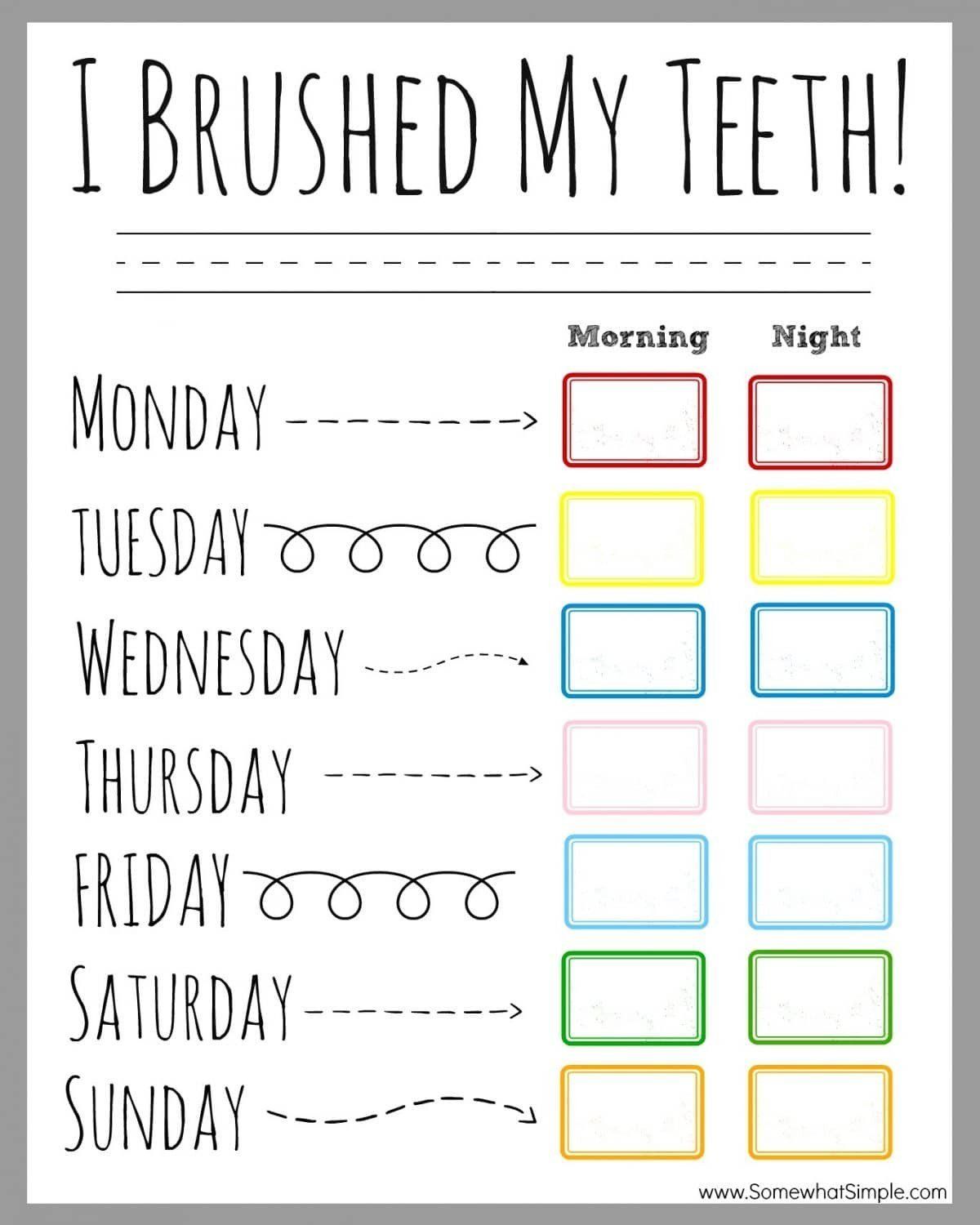Dental Implants 101: What You Should Know
- By Danielle Burgess
- •
- 09 Jun, 2017
- •
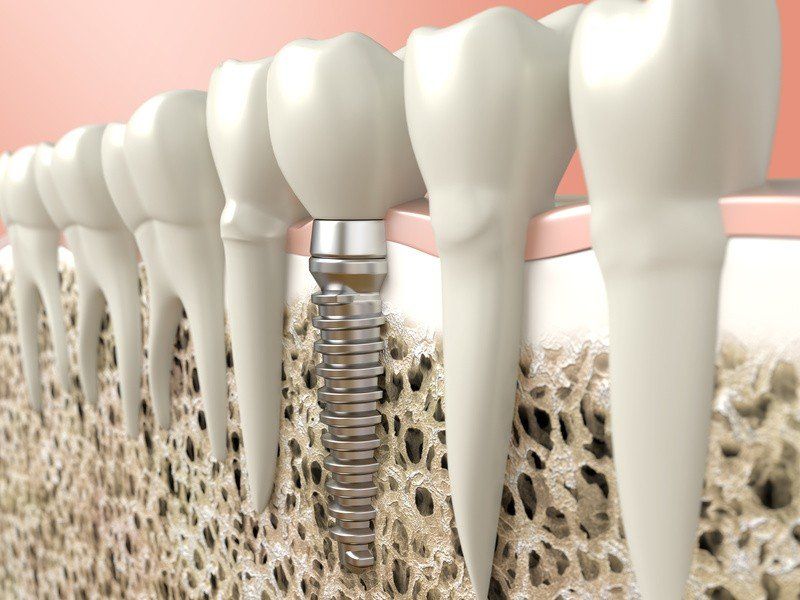
Here is a quick dental implants 101 lesson to get you started!
What are dental implants exactly? The definition (according to WEBMD) is: "Dental implants are replacement tooth roots. Implants provide a strong foundation for fixed (permanent) or removable replacement teeth that are made to match your natural teeth." A dental implant is made to look, feel, fit and function like a natural tooth when implanted by an experienced cosmetic dentist. To determine if implants are right for you, a consultation with your dentist is needed. During this appointment, your teeth and gums will be thoroughly examined and evaluated. Anyone healthy enough to undergo a routine dental extraction or oral surgery can be considered for a dental implant. Smokers have a high risk of an unsuccessful implant, so if you're not willing to quit you may want to consider other options. Also, if you have any oral health issues unrelated to the missing teeth, decay or gum disease, they will need to be taken care of first as they can make treatment less effective in the long run.
The most common dental implant is Osseointegration. This is a process in which the dental implant anchors to the jaw bone. It can take anywhere from 3 to 6 months to anchor and heal, and can also be performed in one sitting. Most people who have received dental implants say that there is very little discomfort involved especially with local anesthesia. WEBMD states that "patients report that implants involve less pain than a tooth extraction." Once the implant is in, the soreness can be taken care of with an over the counter medication. It is recommended that 5-7 days after surgery, your diet should be restricted to soft foods only. If stitches are present, they may need to be removed at the dentist office during a follow up visit.
Dental implants are extremely durable and while they may need periodic adjustments they can last a lifetime. It is even the preferred option over dentures or a tooth supported bridge. Once you have found your preferred dental office be sure to inquire about the types of dental implants, the aftercare needed (it is based on the individual), and whether or not you're eligible! It is a life changing procedure that can change your smile and self-esteem forever! Now that you know the dental implant basics, what are you waiting for?
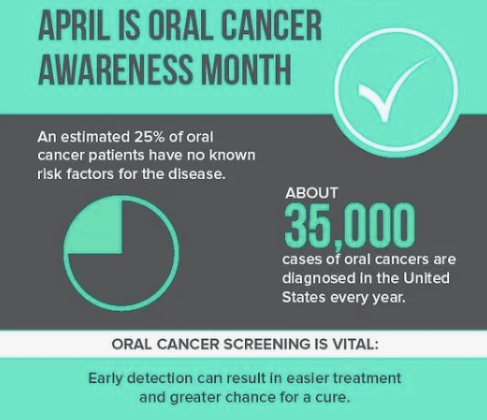
Contact us!
https://www.fabuloussmilesdental.com/contact
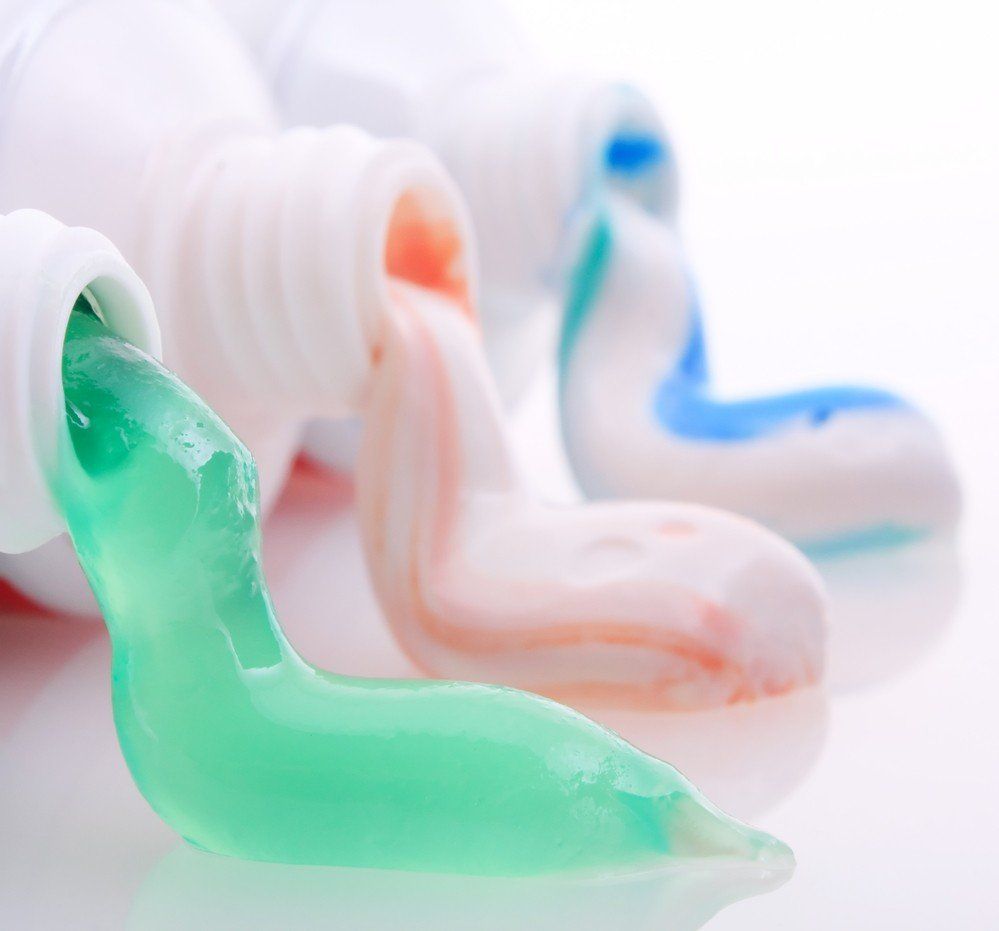
ADA Approval
First, make sure you choose a product approved by the American Dental Association and displaying the seal on its packaging. There are plenty of fluoride-free, organic, and all natural options tested by the ADA for both safety and effectiveness at keeping the teeth clean. Products without these seals have not necessarily been tested for their claims and quality, so you’re gambling with the health of your mouth by using them.
Focus on Needs
Consider what your teeth need the most to choose a toothpaste with the right extras. Whitening toothpaste can’t always replace professional whitening from a dentist, but it does work to prevent surface stains that cause your white smile to lose its brightness after treatment. Most toothpastes tend to target one of more of the following conditions or needs:
- Sensitivity, in the gums and teeth, from mild to severe pain
- Fluoride products are essential for kids, adults who don’t get enough of it in their diet, and people with diabetes and many other conditions
- Anti-cavity, which most products cover but which should always be checked
- Anti-gingivitis, ranging from over the counter to prescription products for healthier gums.
Watch Out!
There are a few products you don’t want to use on your teeth, and they’re often sold as cosmetic products rather than medically tested toothpaste. Any whitening toothpaste with a very abrasive ingredient, ranging from natural walnut shell to plastic microbeads, can leave your teeth with enamel damage that is permanent and hard to treat. Activated charcoal powders can also discolor teeth along with eroding your enamel. Look for toothpaste products that reinforce enamel rather than damaging it.
Picking a Toothbrush
Of course, the toothpaste still needs to be applied to the teeth with the right tools to effectively protect you from cavities and gum disease. The wrong toothbrush can damage your enamel, scratch your gums, or fail to remove trapped food from between your molars. Only use soft bristled brushes unless given advice from your dentist to the contrary. For most people, stiff bristles are too hard for their gums. The tip of each bristle should be rounded and not pointed or square so that food debris and tartar comes loose with each sweep. Replace your brush every three months even if it still looks new and fresh since bacteria can build up over time.
Need more advice about what to do to take care of your teeth? Make an appointment with your dentist for a routine cleaning or a timely inspection. You can discuss your concerns without feeling rushed and determine if your current oral health practices are sufficient for keeping your smile bright, healthy, and strong.
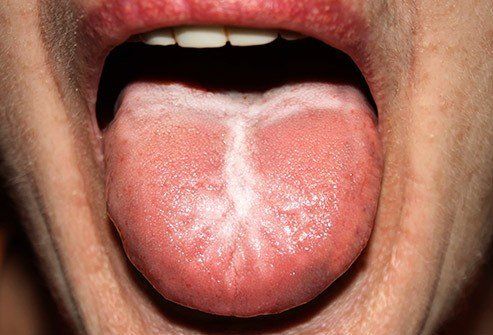
Creamy white spots could be thrush, a fungal infection (shown below). It often happens after an illness or medications throw off the balance of bacteria in your mouth. White patches that look lacy could be lichen planus, which means your immune system is attacking the tissues in your mouth. If you see hard, flat, white areas that can’t be scraped away, it could be leukoplakia, which is linked to cancer. Let your dentist know about any white patches you see.


